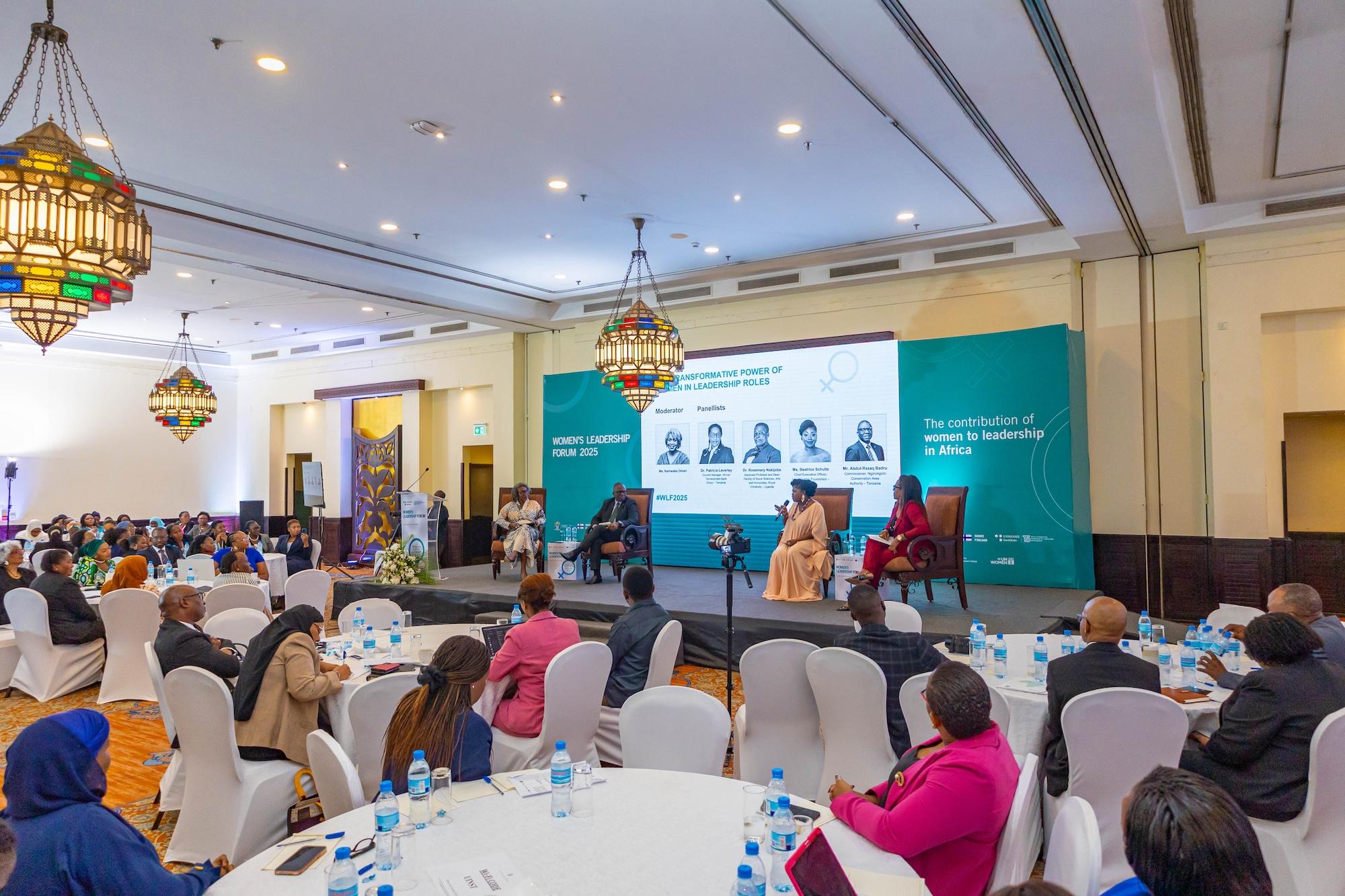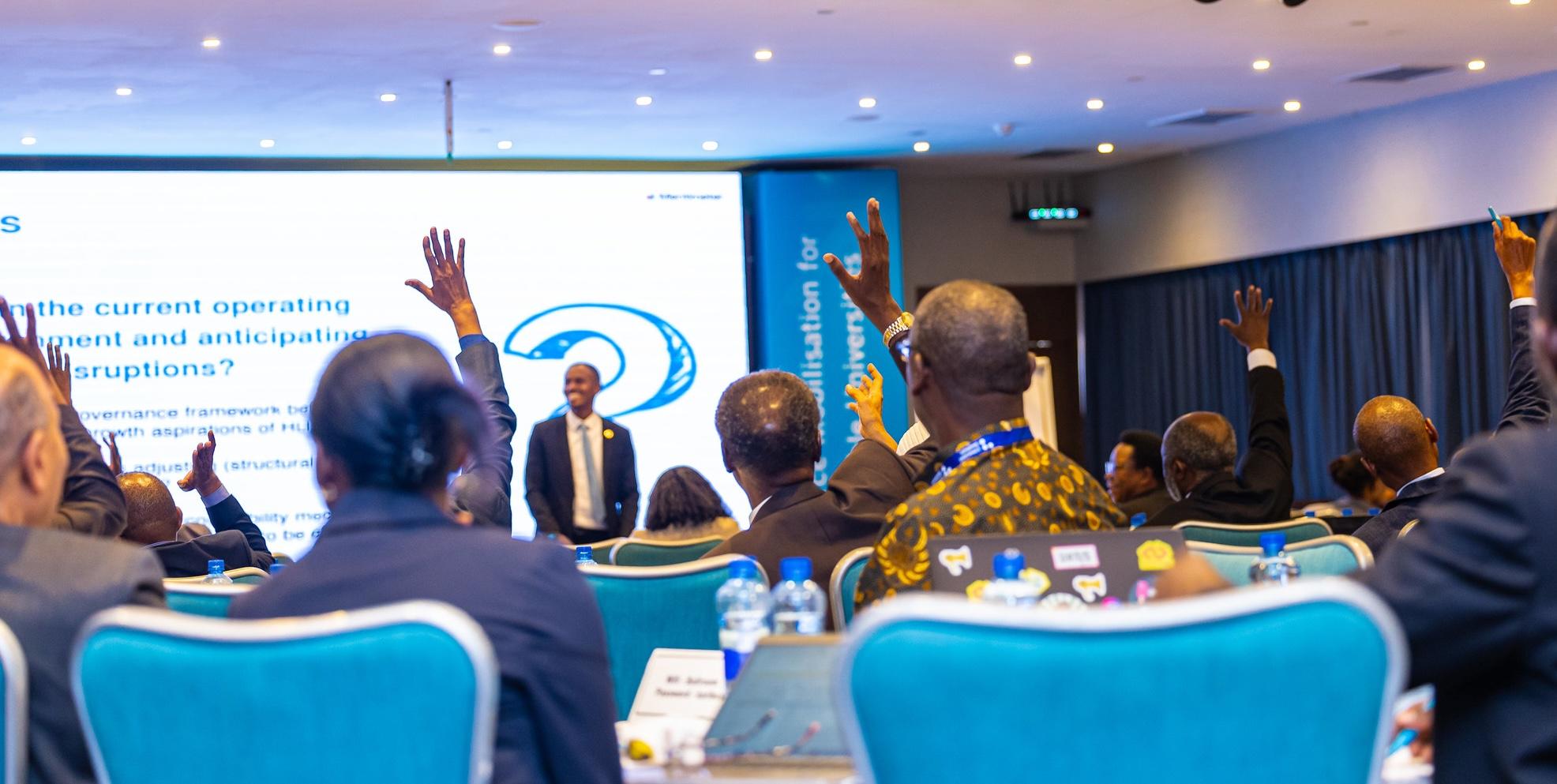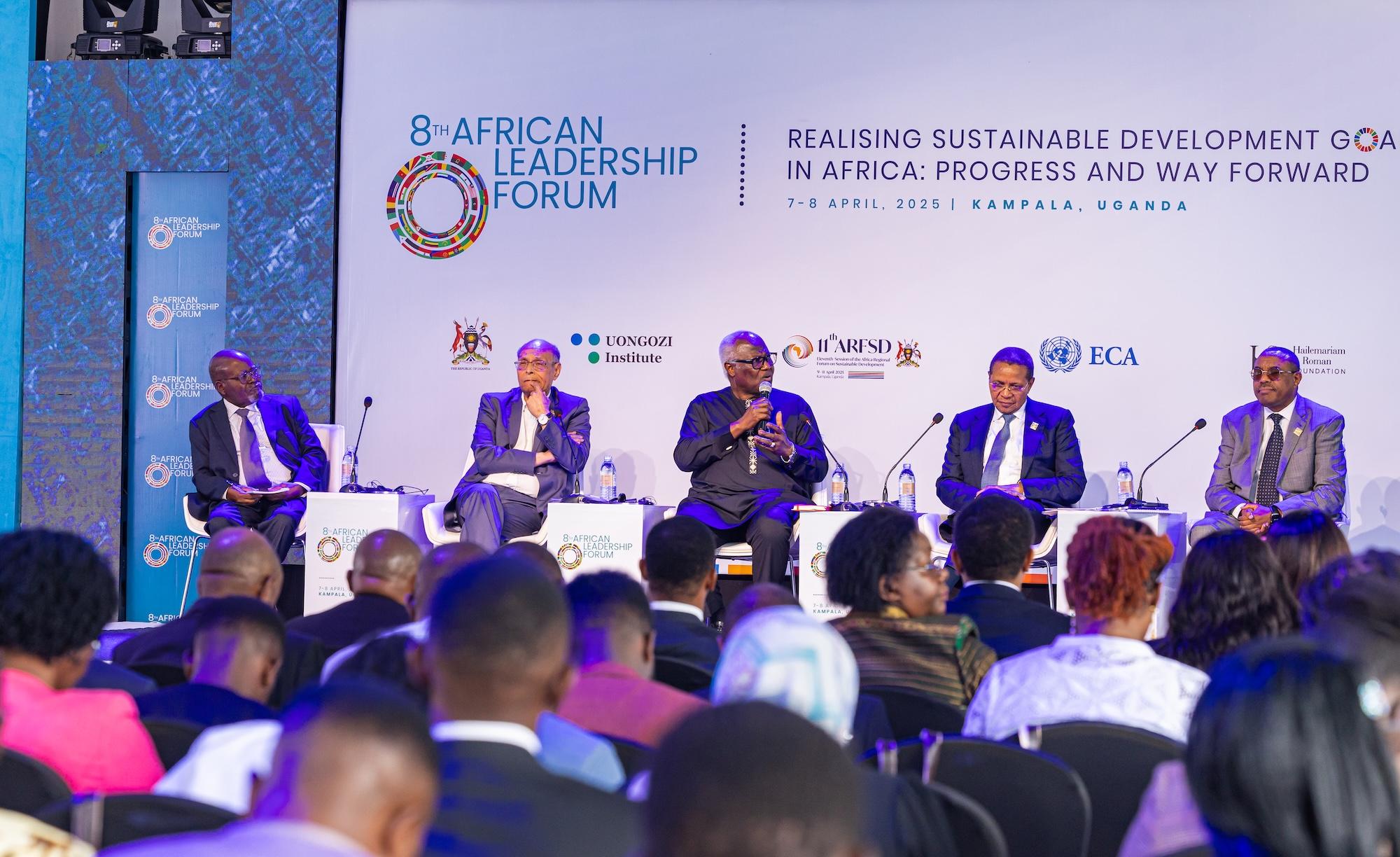By Gwamaka Kifukwe
One of the core characteristics of what we know as ‘African-ness’ or ‘being African’, is how we relate to our families. In sociology, anthropology and ethnography, this is broadly captured in the concept called ‘Kinship’. It describes a set of relationships within a broader appreciation of who is, and who is not a member of the ‘family’, as well as what the obligations are for each kin to each other. This is often portrayed in contrast to the concept of the ‘nuclear family’ (defined as a couple and their dependent children), which is the basis for many social units in social sciences. These two concepts differ both in the number and type of the social obligations that the members have towards each other. Historically, the trend has been for societies that undergo industrialisation to shift from (broadly-speaking) kinship configurations to nuclear family configurations. If this trend continues in Africa, one of the core characteristics of the Continent is on the verge of being altered beyond recognition.
In terms of development, many of the social sciences associate ‘kinship’ with what are called ‘pre-industrial’ societies. These are societies that have not yet industrialised, often this includes ‘peasant societies’ – as may be the case of Tanzania. Nyerere did after-all proclaim Tanzania as a ‘Nation of Peasants’ and developed the Ujamaa system and philosophy by combining African patterns of kinship, with Marxist-Leninist, and later Maoist, theory. Peasant societies are characterised by kinship because most economic-activity is ‘home-based’ and social-welfare services are provided for by the extended family. Typically, this is caused by the close inter-dependence of households in communities that are not well-linked to other communities and indeed the rest of the world. This pattern is not exclusively African, and is well documented in pre-industrial Europe and Asia.
Sociologists have noted that with industrialisation, there is a strong tendency towards the ‘nuclear family’. On the surface, this does not appear too threatening to our understanding of ‘African-ness’. In industrialisation, the home-based economic activities are not able to compete with the mechanisation (using machines to increase output/productivity) that takes place in industrialisation through powered machinery – initially this happened with steam in the ‘Industrial Revolution’. As a result, people shifted from their various activities and interdependencies and became wage-earners. The life-style of wage-earners had profound impacts on the inter-dependencies within families as the time spent apart created increasing social distances, and the lure of wage-earning dis-incentivise some of the broader social-welfare activities that are included in our kinship framework . These include taking care of the elderly, of the sickly, of children, and so forth – as economists refer to them; the ‘economically in-active’. Increasingly the state was called-upon to provide social welfare in various forms, paid for by the taxation of wages of the wage-earners. This is likely going to be the case in Africa, unless we deliberately shape our institutions (policies, laws, regulations, etc.) to accommodate our kinship roles and responsibilities.
In addition to the above, industrialisation has led to increased specialisation of skills, which has in turn tended towards meritocracy – when leadership, prestige, and advancement is on the basis of ability. This later development in how social status is achieved and advanced meant that youth were less dependent on their family for social statues and increasingly by their association within the broader community, particularly of peers within their vocation. Moreover, with increased specialisation, where one works and earns their wage is no longer tied to the locality whether their extended family may be located. Nuclear families, which are smaller, are easier to move – this is called increased ‘geographic mobility’ in social sciences terminology – which in turn adds yet another barrier (distance) to kinship, in favour of the nuclear family.
As a result, as the late American sociologist William J. Goode (who served as the 63rd President of the American Sociological Association) argued, the maintenance of broader family ties (kinship) are increasingly subject to a type of ‘cost-benefit’ analysis for people’s development. In other words, broader families could fluctuate between being assets or burdens to an individual’s prosperity, or the prosperity of their nuclear family. Kinship ties, become replaced by ties to work-places and to the ‘new’ communities that families find themselves in. Most strikingly this is observed in the cultures, values, and attitudes between rural and urban communities, even within the same broader family – especially in the generations that are born and grow up in these different settings, compared to those who move from one to the other. These changes are gradual for each individual family, but there appears to be generational changes that can be quite sharp – this has been noted in the West through generational identities such as the ‘Silent Generation’ (born in 1920s to the early-to-mid 1940s); ‘Baby Boomers’ (born between early 1940s and to early 1960s); ‘Generation X’ (those born from the mid-1960s to the early 1980s); and ‘Millennials’ (born between the mid-1980s and the early 2000s). Such detailed studies have not been carried out in Africa, but anecdotally we are aware of the ‘pre-Independence’, ‘post-independence’, ‘structural adjustment’ and ‘millennial’ generations in our society. These are also compounded by the existence of the Diaspora – which this essay will not explore. This pattern is not limited to Europe and Africa, which is the typical comparison. The transformation of China, particularly under Deng Xiaoping, and the evolution of Singapore under Lee Kuan Yew provide similar examples of the social implications for transformation through industrialisation.
As Africa increasingly industrialises, and urbanises (with more people living in urban areas compared to rural areas), this pattern is likely to repeat itself – if history is any indicator to go by. As with all social processes, this will not be the same across Africa, as it has not been the identical around the world. It may be the case that ‘kinship’ is much more resilient in Africa, relative to the rest of the world, and this would somehow be reflected in the type of social-welfare models, in the types of housing units, and in the type of social spaces that will emerge as Africa industrialises. Or, it may be the case that ‘kinship’ – such a strong characteristic of what defines ‘African-ness’ – may also collapse and be replaced by something ‘new’ that is differently African.
Some of the changes outlined are already happening across the continent, and are most noticeable between different generations. Understanding the social changes that are the consequence of industrialisation is critical to guiding what kind of society, indeed what kind of Africa, we want to emerge. The title of the piece hints that unless we take purposeful action, industrialisation could spell the end of ‘African-ness’ as we know it. We either accept this, encourage this, or seek ways to preserve and modernise kinship to the realities that industrialisation will usher in.






